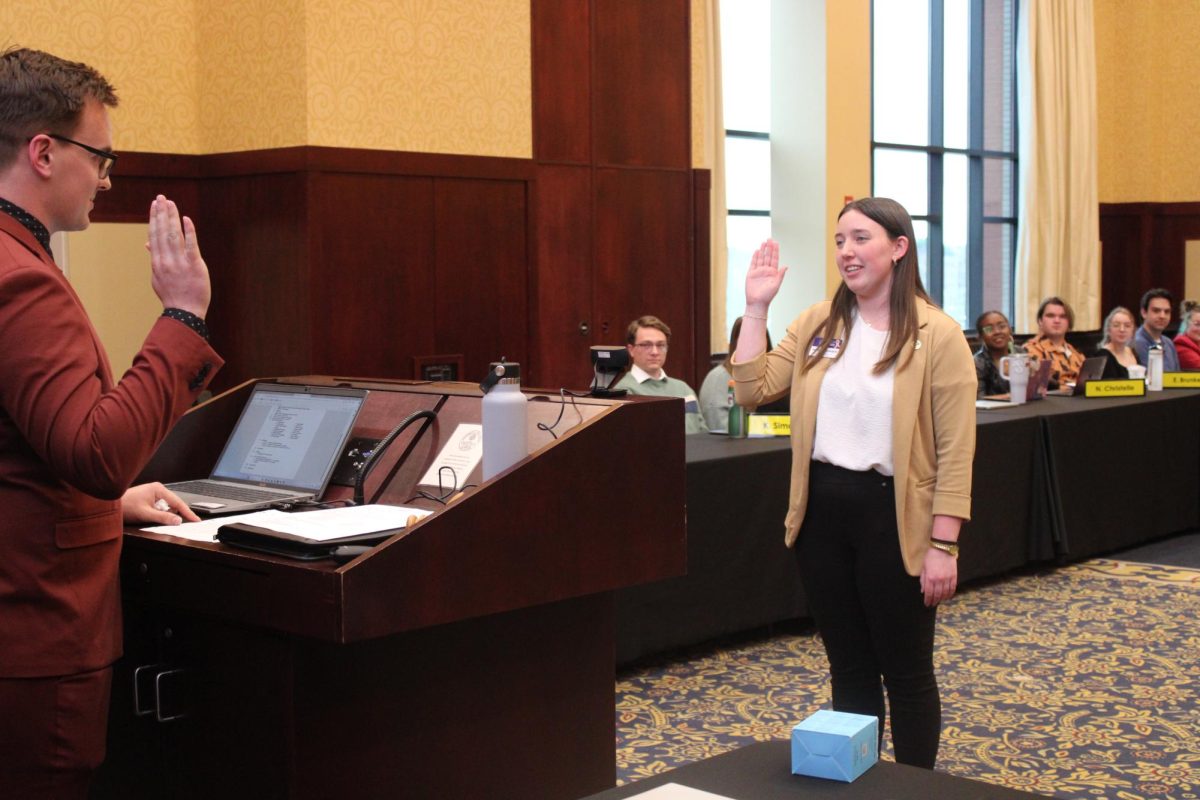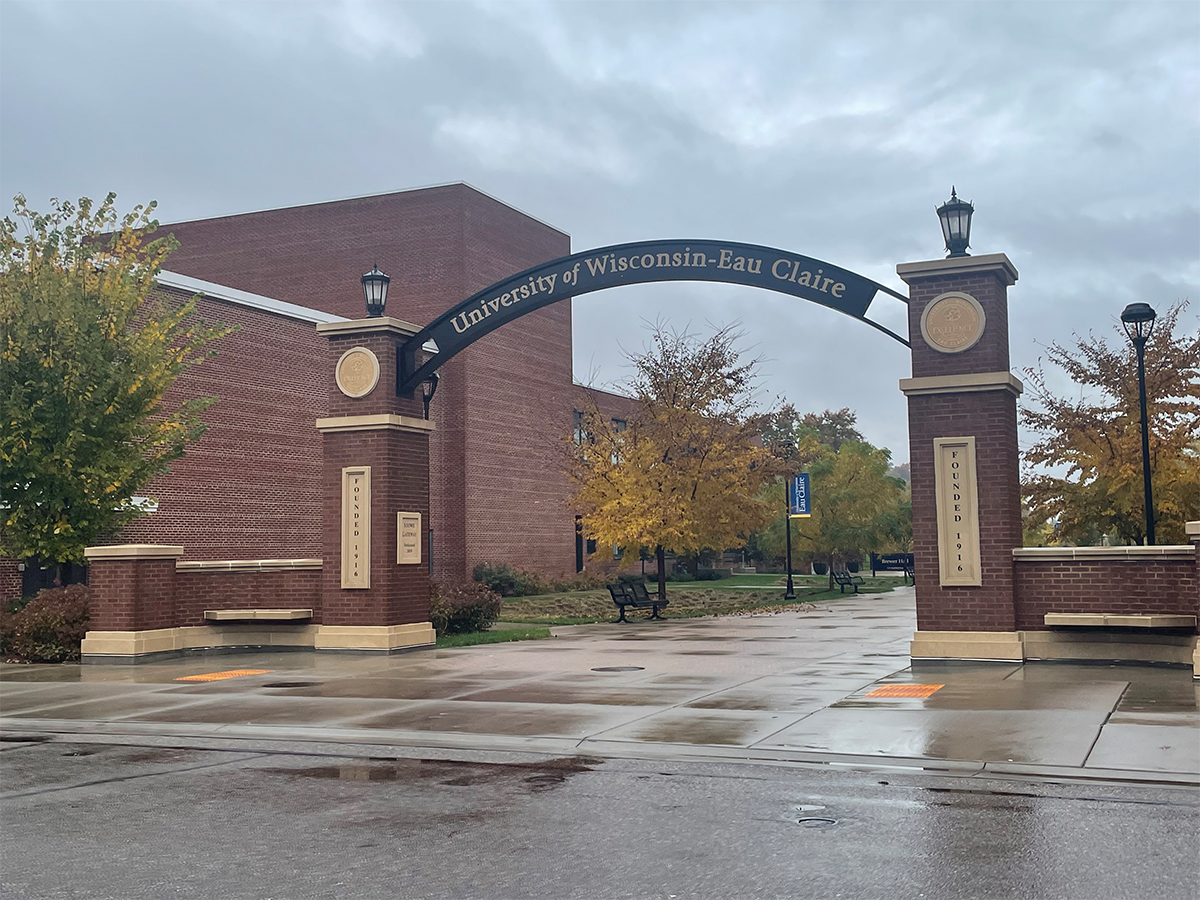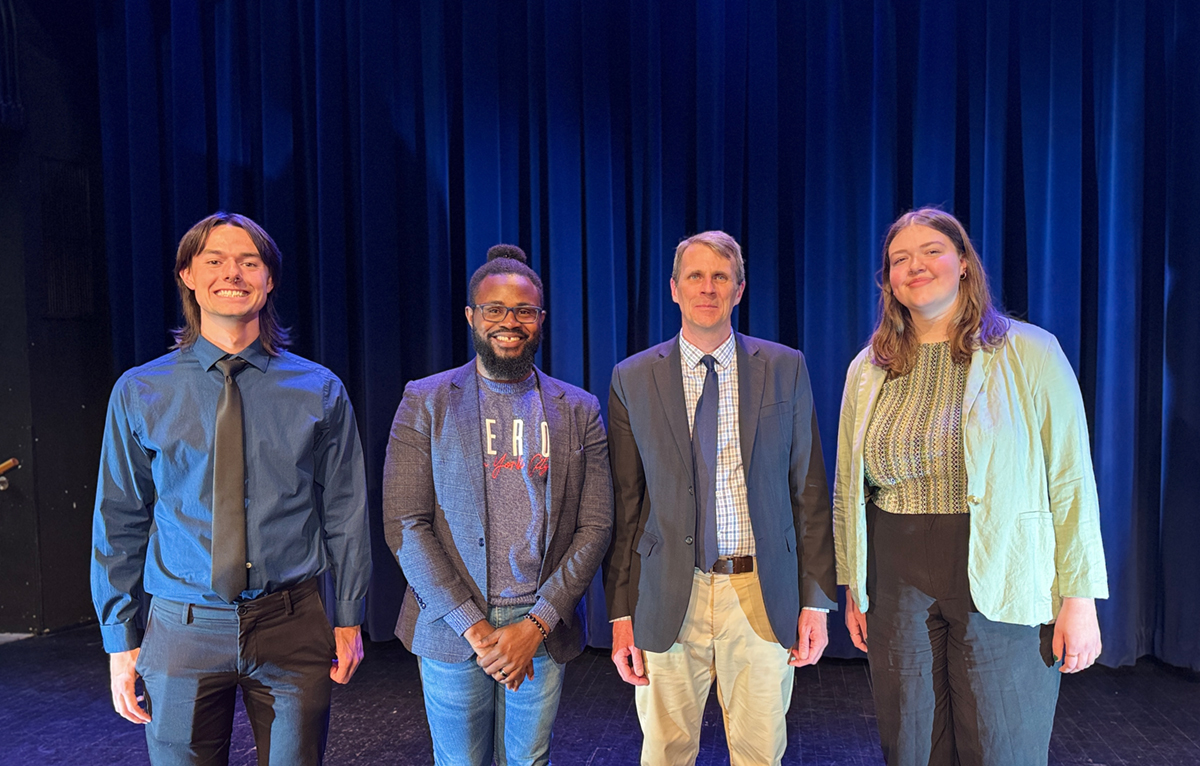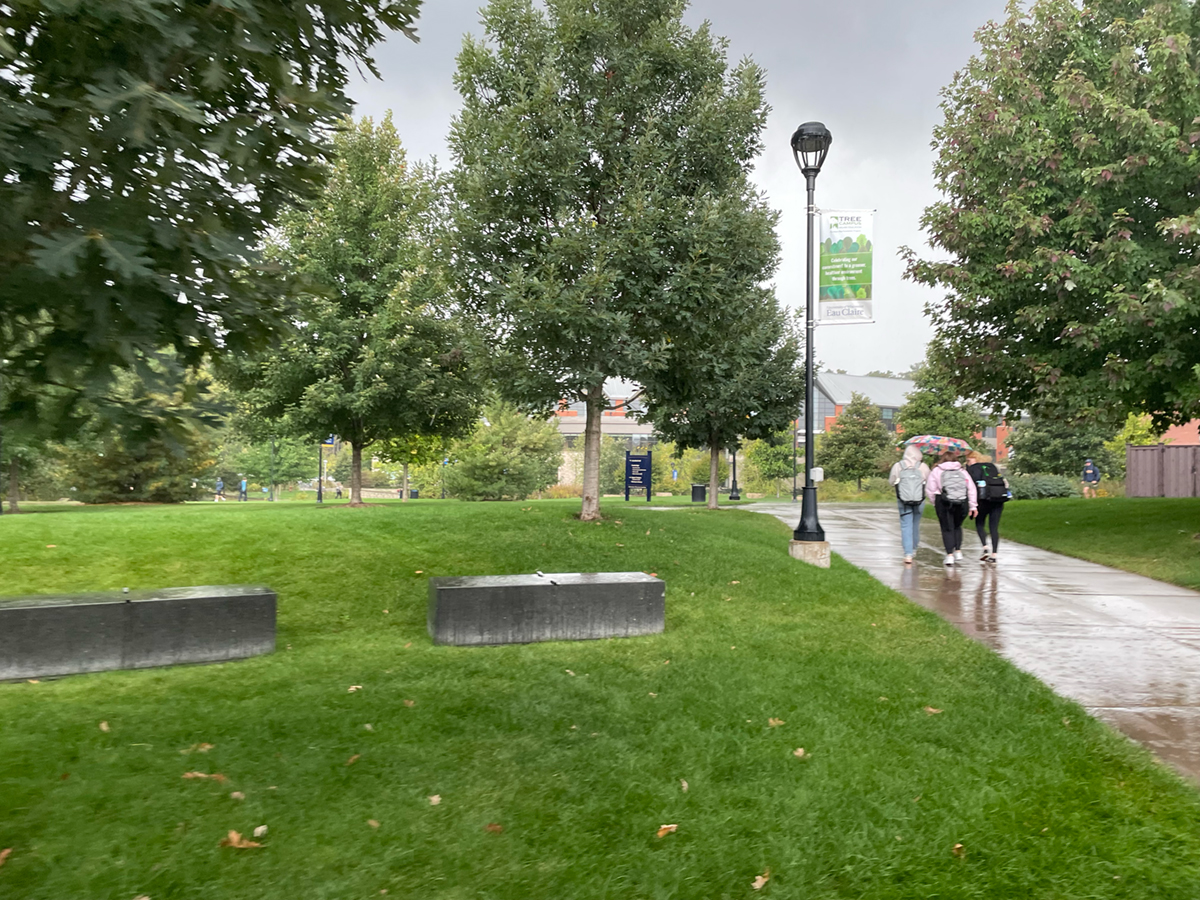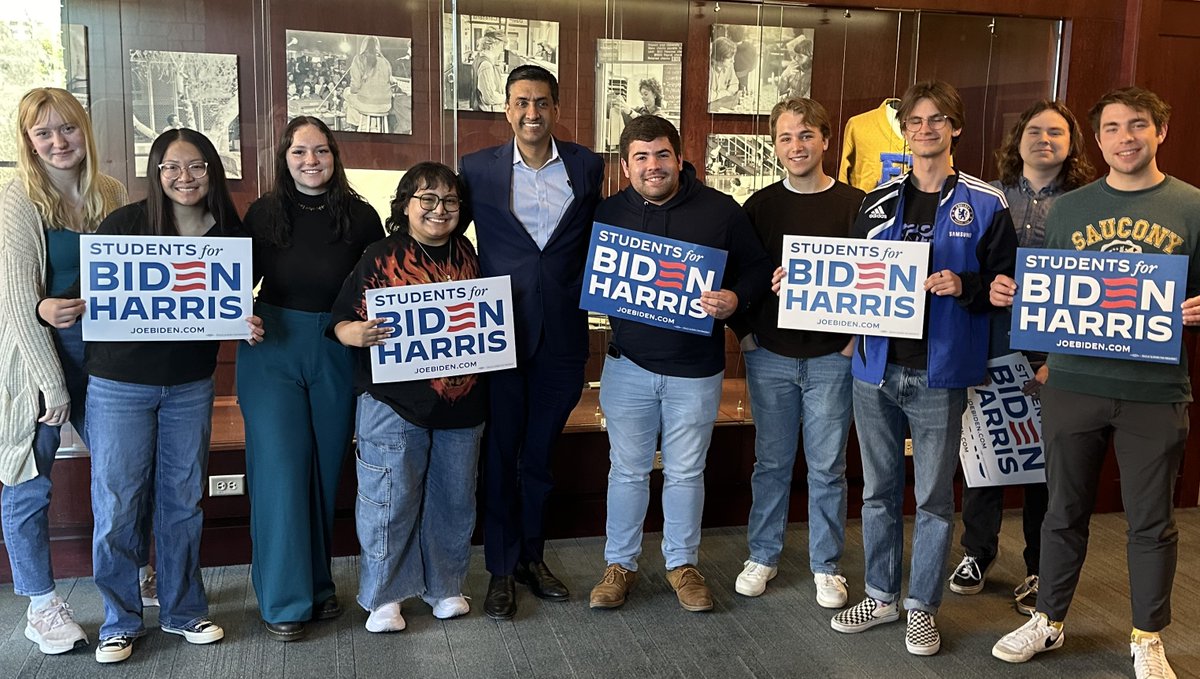Debate over the ban on religious service learning projects continued Tuesday at the Academic Policies Committee’s second meeting on the matter.
Discussion touched on a comparison between walking dogs for service learning and religious proselytization, but never strayed far from its constitutional validity.
| “It is about the First Amendment and the Establishment clause.” –Steve Tallant Vice Chancellor and Interim Provost |
APC Chairman Kent Syverson and board member Bobby Pitts emerged as the only apparent opponents of the ban.
Pitts, however, voiced an overlying concern. He said he was uneasy with the idea that walking dogs, which he considers a trivial project, is allowed while religious projects are not.
“I don’t really want anyone going around getting credit for proselytizing, but, frankly, I don’t want them to get credit for walking damn dogs either,” Pitts said. “To me, it’s a ridiculous use of student time. It’s an incredibly dumb activity. I don’t think this is about freedom. I think this is about choice.”
He went on to say that his desire to overturn the ban comes secondary to his desire to see service learning graduation requirements disbanded altogether.
Donald Mowry, director of service learning, defended the example of dog walking, saying it’s a legitimate service learning project.
“I’ve had many students who realize once they walk dogs that … believe it or not … it is a societal issue, that it is a societal problem,” he said.
He explained a student’s experience still must plug into his or her major or minor or meet one of the university goals of the baccalaureate degree.
Unlike Pitts, Interim Provost and Vice Chancellor Steve Tallant said he sees a constitutional issue in the matter.
“I think this is about religion,” he said. “It is about the Constitution. It is about the First Amendment and the Establishment Clause.”
Mowry concurred, arguing the susceptibility of the university to civil prosecution.
“I think it only takes one plaintiff that brings forth a case that puts the university at risk of a lawsuit,” he said.
“We would be in a very sad situation if we jeopardized our federal funds here, not only in some of the programs related to service learning, but our federal funds in a variety of programs because of this particular issue,” board member Meg Dwyer said.
UW-Eau Claire implemented service learning requirements in 1995 as a result of faculty concerns that students were not gaining experiences with people different from themselves.
“We are a predominantly white school from Minnesota and Wisconsin,” Mowry said.
Being one of only five public schools in the nation with service learning requirements, however, the university has few precedents to look to regarding the challenges that have followed.
A ruling on the ban will come from the Academic Policies Committee in weeks, another meeting is scheduled for 2 p.mTuesday.

